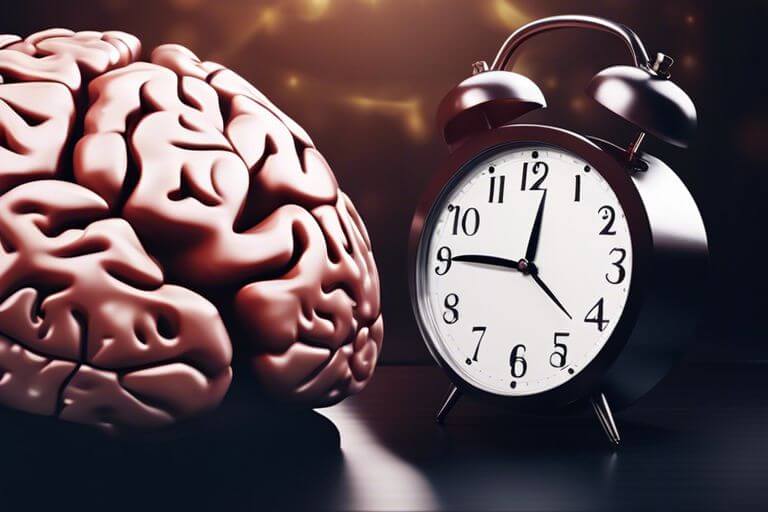The Connection Between Mental Health and Insomnia – What You Need to Know
There’s a strong link between mental health and insomnia that often goes unnoticed. While many may view insomnia as a common sleep issue, it can actually be a sign of underlying mental health conditions such as anxiety, depression, or stress. Individuals experiencing chronic insomnia are at a higher risk of developing mental health disorders, and conversely, those with existing mental health issues often struggle with sleep disturbances. Understanding this connection is crucial for properly addressing both mental health and sleep problems, as they can exacerbate each other if left unchecked. By recognizing the signs and seeking appropriate treatment, individuals can improve their overall well-being and quality of life.
Understanding Insomnia
Definition and Types of Insomnia
While insomnia is commonly known as difficulty falling asleep or staying asleep, it is crucial to understand that this condition goes beyond just a few sleepless nights. There are two main types of insomnia: acute insomnia, which lasts for a short period, and chronic insomnia, which persists for months or even years. Additionally, insomnia can be classified based on the underlying cause, such as primary insomnia (not linked to any other health condition) or secondary insomnia (caused by an underlying health issue).
- Acute Insomnia
- Chronic Insomnia
- Primary Insomnia
- Secondary Insomnia
- Onset Insomnia
After understanding the various types of insomnia, it becomes clear that each individual may experience this sleep disorder differently.
Common Causes and Triggers
For insomnia is often linked to stress, anxiety, depression, and certain lifestyle habits. Poor sleep hygiene, such as irregular sleep schedules, excessive screen time before bed, and consuming stimulants like caffeine close to bedtime, can contribute to the development of insomnia. For instance, individuals with chronic pain conditions may also experience insomnia due to the discomfort they feel at night, disrupting their ability to fall and stay asleep.
Unveiling the Mental Health Link
Psychological Impact of Sleep Loss
Now, let’s research into the psychological impact of sleep loss. Any disruption in the quality and quantity of sleep can have detrimental effects on a person’s mental well-being. Sleep deprivation can lead to irritability, mood swings, difficulty concentrating, and an overall decrease in cognitive function. It can exacerbate existing mental health conditions such as anxiety and depression, making it crucial to address insomnia promptly.
Mental Disorders Associated with Insomnia
On the topic of mental disorders associated with insomnia, it is important to note that insomnia is often a symptom of underlying mental health issues. Disorders such as anxiety, depression, bipolar disorder, and post-traumatic stress disorder are commonly linked with insomnia. Those suffering from these conditions may experience difficulty falling asleep, staying asleep, or early morning awakenings. Addressing the underlying mental health disorder is important for managing insomnia effectively.
Managing Insomnia for Better Mental Health
Non-Pharmacological Approaches
Despite the challenges of insomnia, there are effective non-pharmacological approaches that can help improve sleep and overall mental health. Non-pharmacological approaches include cognitive-behavioral therapy for insomnia (CBT-i), which focuses on changing behaviors and thoughts that impact sleep. This therapy has been shown to improve sleep quality and long-term sleep patterns without the use of medication.
Medications and Professional Treatments
On the other hand, medications and professional treatments can also play a crucial role in managing insomnia and promoting better mental health. Medications and professional treatments should be carefully prescribed and monitored by healthcare professionals to ensure effectiveness and minimize potential side effects. These treatments may include sleep aids, antidepressants, or therapy sessions with sleep specialists.
Insomnia is a common sleep disorder that can have a significant impact on mental health if left untreated. It is important to address insomnia promptly to prevent negative effects on overall well-being. Seeking help from healthcare professionals and considering both non-pharmacological and pharmacological approaches can lead to better sleep quality and improved mental health outcomes.
Strategies for Prevention and Self-Care
Lifestyle Changes for Improved Sleep Hygiene
With the hustle and bustle of modern life, it’s easy to neglect the basics of good sleep hygiene. Establishing a regular sleep schedule, creating a calming bedtime routine, and ensuring your sleep environment is conducive to rest are vital steps for improving your sleep quality. Avoiding caffeine and heavy meals close to bedtime, as well as limiting screen time before sleep, can also significantly impact your ability to fall and stay asleep.
Mind-Body Techniques and Their Efficacy
On the journey to better sleep, incorporating mind-body techniques can be a game-changer. Practices like meditation, deep breathing exercises, and progressive muscle relaxation have been shown to reduce stress and anxiety levels, making it easier to fall asleep and stay asleep. These techniques can also help in quieting a racing mind, a common symptom of insomnia. Finding the right technique that resonates with you is key to reaping the benefits of these practices.
Sleep is a crucial component of our overall well-being, and the impact of quality sleep on mental health cannot be overstated. By incorporating these simple lifestyle changes and mind-body techniques into your daily routine, you can take proactive steps in improving your sleep quality and overall mental health.
Conclusion
Upon reflecting on the intricate relationship between mental health and insomnia, it is evident that the two are deeply interconnected. Mental health conditions such as anxiety, depression, and stress can significantly impact the quality of sleep, leading to insomnia. Conversely, chronic insomnia can also exacerbate existing mental health issues. Understanding this association is necessary for effective treatment and management. Addressing both mental health and sleep disturbances concurrently is crucial for achieving optimal well-being. By recognizing and addressing the connection between mental health and insomnia, individuals can take proactive steps towards improving their overall health and quality of life.

